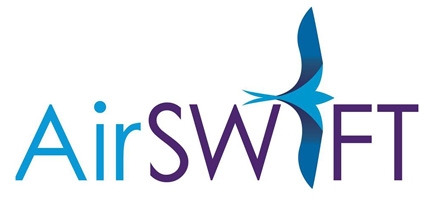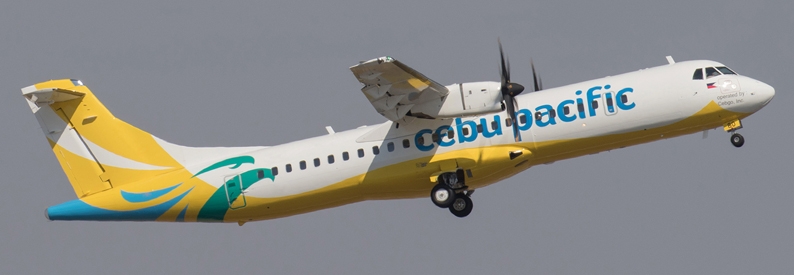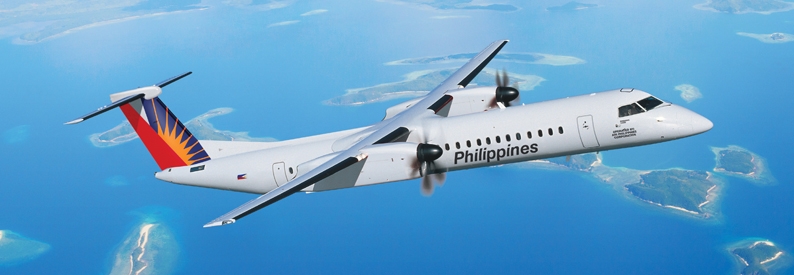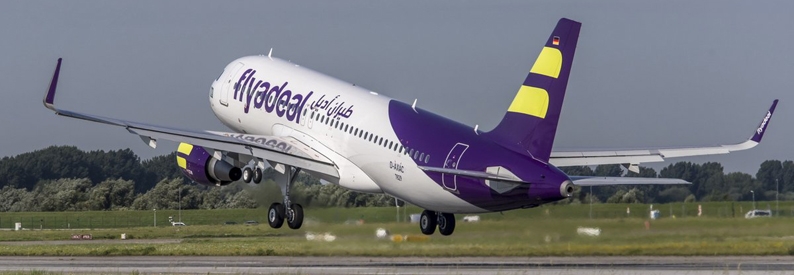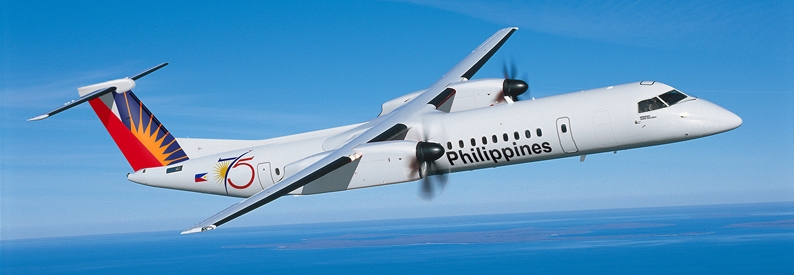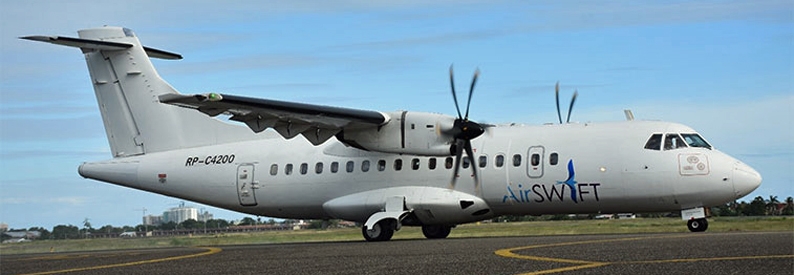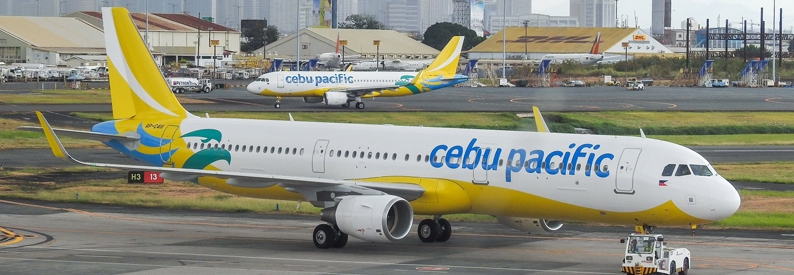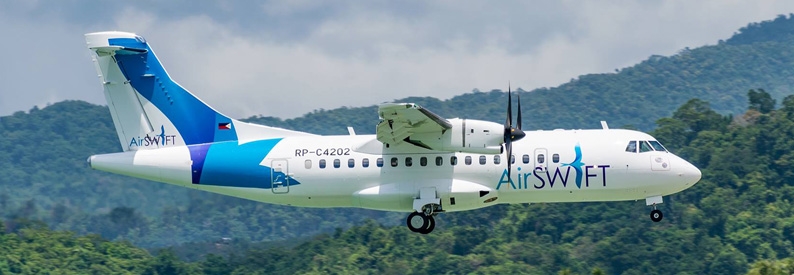AirSWIFT (T6, Manila Ninoy Aquino International) will acquire an additional ATR72-600 later this year, helping it boost its fleet wide seating capacity by 30% and begin flying new routes.
CEO Alfonso Reyes told the Filipino outlet Business Mirror that "we are seeing significant leisure travel demand in 2023, and are very bullish on being able to finally put the difficult years of the pandemic behind us."
The airline, which is owned by the Ayala Group, a Filipino conglomerate, is expecting delivery of the brand new ATR - Avions de Transport Régional turboprop by December. According to ch-aviation Commercial Aviation Aircraft Data data, the aircraft will be leased from Nordic Aviation Capital and will join AirSWIFT's existing pair of ATR72-600s and two ATR42-600s.
Reyes said the extra aircraft, along with working the existing fleet harder, will allow the carrier to increase its weekly seat capacity by 30% by the end of the year. He says this is a response to the strong demand for travel. Reyes also expects average passenger loads to increase to 82% by December. The compares with the average pre-pandemic passenger loads of 73%.
“Leisure travel demand seems to be much stronger now compared with 2019. We do not think this is necessarily just revenge travel but possibly shifting travel patterns, as the continuation of hybrid ‘work-from-anywhere’ models allow for more long weekends and more travellers being able to mix work with leisure travel," he said.
AirSWIFT was formerly known as ITI - Island Transvoyager before rebranding in 2015. It calls itself a "boutique" airline and offers scheduled flights linking destinations where the Ayala Group has resort complexes to major Filipino cities. Flights connect the popular tourist region of El Nido on Palawan Island with Manila Ninoy Aquino International, Busuanga, Caticlan, Cebu, Angeles City Clark International, and Panglao. The carrier also offers direct flights from Manila Ninoy Aquino to Busuanga, Sicogon, and Tablas.
Reyes says the carrier will begin flying routes between El Nido and Sicogon and Surigao later this year, and all routes operated before the pandemic have also now resumed. However, the CEO says the difficulties obtaining additional slots at Manila Ninoy Aquino Airport is a growth constraint. He also says high inflation and fuel costs are an issue, especially when servicing a price sensitive leisure market who expect low fares.
- Type
- Base
- Aircraft
- Destinations
- Routes
- Daily Flights
